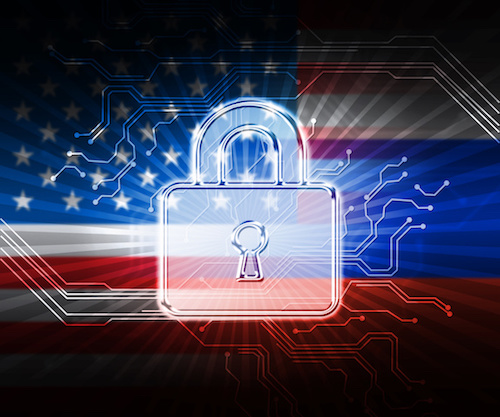Security News

A former Microsoft worker was sentenced Monday to nine years in prison for a scheme to steal $10 million in digital currency - money authorities said he used to buy a $160,000 car and a lakefront home. Volodymyr Kvashuk, a 26-year-old Ukrainian citizen living in Renton, Washngton, was responsible for helping test Microsoft's online retail sales platform.

Plenty of voter data is public in Arizona - but Social Security numbers and DoBs are supposed to be kept confidential. The security issue comes to light amid attacks targeting voters and voter data.

Ad fraud is a subset of invalid traffic, characterized by its malicious intentions, and has been around for as long as digital advertising. Due to a lack of solutions, many advertisers have become complacent with this aggressive attrition to their ad campaigns, considering it an additional cost of online advertising.

ACI Worldwide announced ACI Fraud Management in the cloud enables Indian banks to protect the rapidly growing number of Unified Payments Interface transactions across the region. "A supportive regulatory environment, coupled with ever-increasing smartphone usage, internet access and customer acceptance, has powered rapid UPI transaction growth. However, surging transaction volumes pose a complex challenge to banks and financial institutions when it comes to upgrading and maintaining their back-end risk management systems," said Kaushik Roy, vice president and country leader - South Asia, ACI Worldwide.

BEC attacks increased 15% quarter-over-quarter, driven by an explosion in invoice and payment fraud, Abnormal Security research reveals. "As the industry's only measure of BEC attack volume by industry, our quarterly BEC research is important for CISOs to prepare and stay ahead of attackers," said Evan Reiser, CEO of Abnormal Security.

Cellusys pioneers the use of zero trust security to help their 800 million mobile phone end users combat SMS phishing and fraud. Cellusys has partnered with internet security firm MetaCert to provide an SMS security solution, using zero trust methodology to combat cyberattacks such as phishing, malware and financial fraud.

It's just the latest in a litany of attacks related to the upcoming election, and it showcases a big problem area when it comes to cybersecurity, researchers said. In a typical BEC attack, criminals will do their research to make their communications seem credible, according to Agari's recent deep dive on the state of BEC attacks.

Imperium announced the release of a significantly upgraded version of its flagship ID-validation tool RelevantID. This major release is designed to help market research and panel organizations combat the rise of highly sophisticated synthetic identity frauds that are becoming increasingly difficult to catch using conventional fraud-detection models. New RelevantID additionally includes FraudProbabilityScore, a machine-learning model that assesses passive and behavioral data, returning an extremely precise fraud assessment that detects fraud, bots, and jumpers/ghost completes in surveys.

Incognia announced the launch of its fraud detection solution designed for retailers, restaurants and payment providers leveraging QR codes for contactless payments. With consumers ready to re-engage with vendors using contactless methods, health and security are top of mind as businesses push for faster adoption of contactless QR payments.

Many banks across the U.S. and Canada are failing to meet their customers' online identity fraud and digital banking needs, according to a survey from FICO. Despite COVID-19 quickly turning online banking into an essential service, the survey found that financial institutions across North America are struggling to establish practices that combat online identity fraud and money laundering, without negatively impacting customer experience. 51 percent of North American banks are still asking customers to prove their identities by visiting branches or posting documents when opening digital accounts.